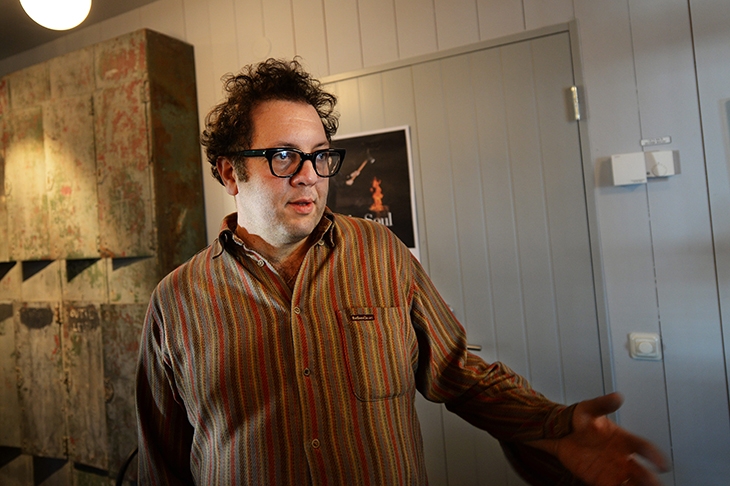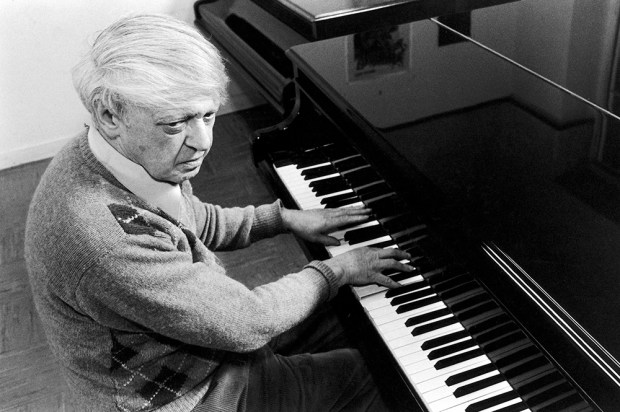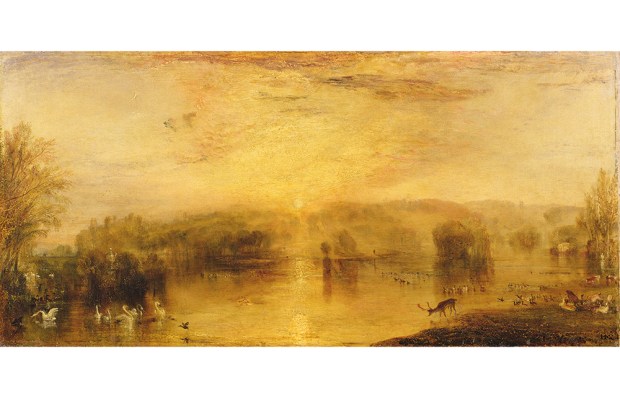Pop music has always been, to those who love it, to some degree tribal or factional; fans like to carve out their own space. If you like X you can’t like Y. Punk and post-punk sharpened the divisions. I couldn’t stand Nick Hornby’s High Fidelity for a number of reasons, but it wasn’t helped by its older-brother’s snotty dismissal of pretty much everything that came after 1977, unless it was the latest record by some dinosaur which punk’s meteorite had somehow failed to wipe out. The film was much, much better in this respect.
Pete Paphides, born in 1969, had an older brother, called Aki: and Aki’s tastes are much more orthodox than young Pete’s (or Takis’s, as his family nickname was when he was younger). Aki can go through his younger brother’s collection and give verdicts at a glance; young Takis/Pete, having to deal with punk at a very tender age, doesn’t quite have this confidence. He knows what he likes, but there’s no aesthetic rigour, none of the Leavisite sternness about what is and isn’t acceptable — which is why he’s such a good music critic.
This is the story of a young boy growing up in Birmingham, with a Greek mother and Greek-Cypriot father. They run a series of
fish-and-chip shops, but his mother makes proper Greek food for the family. His parents yearn to return to Cyprus; but Pete is growing up English, and when he speaks Greek he has to fill in the gaps with English words. For some years he doesn’t say anything at all, except to his immediate family. He has to stop being Takis, and start being Pete. This is one of the two strands of this excellent book. The other is his love of pop music, and his articulation of that love.
The pop-themed Bildungsbuch is not the most original category in publishing. (Best of the rest, I think, is Giles Smith’s Lost in Music.) And, although Paphides cannot help having been born when he was, I suspect that his publishers are very pleased that there is going to be a ready-made audience of a certain age for this kind of nostaglia — say, anyone who can remember Abba singles when they first came out.
But this is not, I stress, a cynical exercise in pulling the heartstrings of fiftysomethings. It will do that, certainly, but that’s because Paphides can write like a dream, and knows how to make his particular circumstances resonate for anyone who, when young, hungered for music. Remember Dial-A-Disc, when you rang a number just to hear one of the week’s hits being played through a tinny receiver?
Paphides takes his time. You may have noticed the book’s length. This covers about ten years of childhood. I am not sure even Proust moved that slowly. But the extraordinary thing about this memoir is not so much its extent as the ease with which Paphides carries you through.
I started Broken Greek marvelling, and not kindly, at the space he was granting himself. But it doesn’t take long for the reader to be swept willingly along. Paphides’s prose is the kind that excels in marshalling long trains of thought that can start at one end with the Boomtown Rats’s
‘I Don’t Like Mondays’ (‘a baroque pop melodrama that wasted no time in letting you know how important it was’) and end ‘next to the newspaper carousel at the seafront kiosk in Limassol’. It’s only later that you might think to ask yourself — as David Byrne did — ‘how did I get here?’
Here’s how: because music is bound up with the self, and its circumstances.
If you tune into Top of the Pops, aged 11, while your father is at work and your mother is lying in a hospital bed and unable to move for fear of aggravating the incision across the middle of her body, ‘Ashes to Ashes’ sounds overwhelming. Not upsetting, you understand. ‘Ashes to Ashes’ didn’t make what was happening to my mum any sadder. It was more that my mum’s situation somehow authenticated the sentiments of the song.
This is more or less the essence of the book. It’s a terrific achievement.
Got something to add? Join the discussion and comment below.
Get 10 issues for just $10
Subscribe to The Spectator Australia today for the next 10 magazine issues, plus full online access, for just $10.
You might disagree with half of it, but you’ll enjoy reading all of it. Try your first month for free, then just $2 a week for the remainder of your first year.














Comments
Don't miss out
Join the conversation with other Spectator Australia readers. Subscribe to leave a comment.
SUBSCRIBEAlready a subscriber? Log in